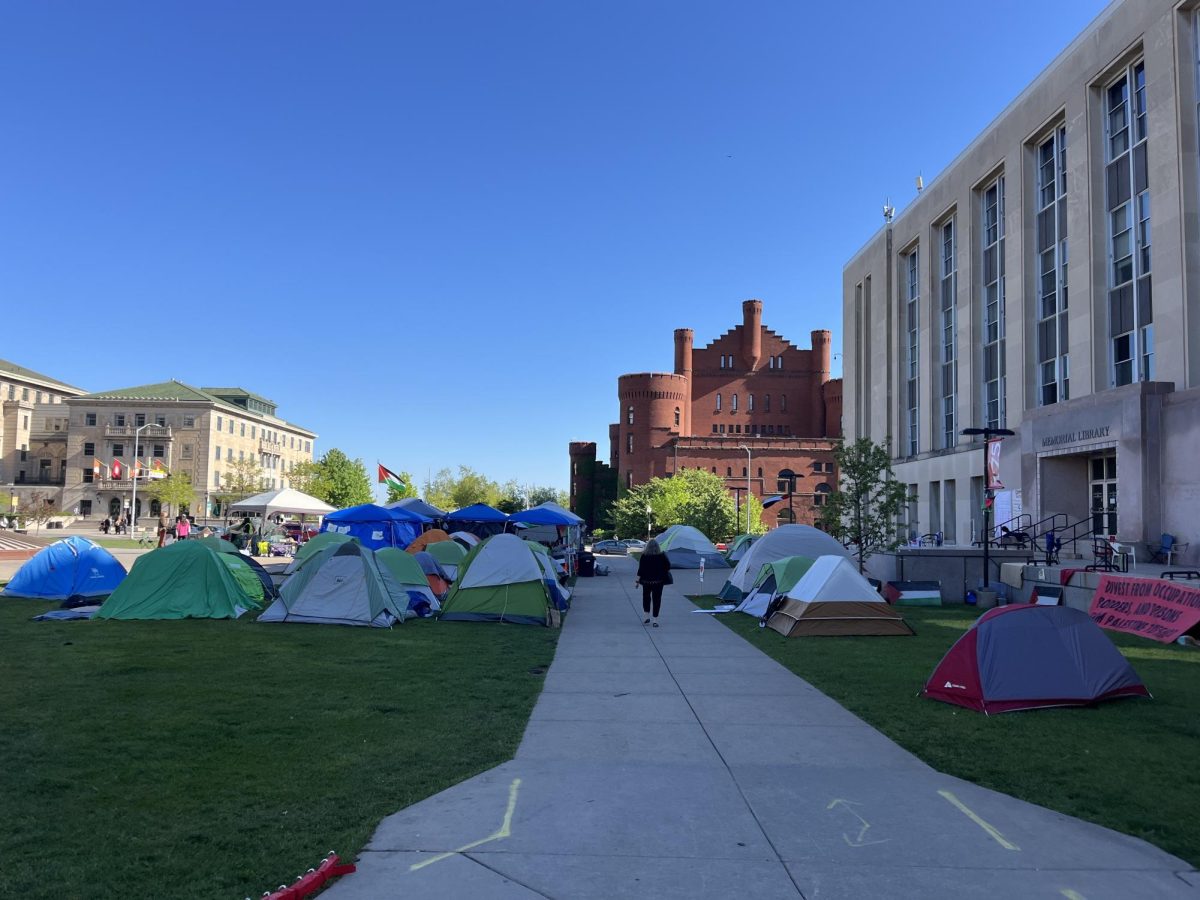The United States is falling behind other industrialized nations in access to higher education according to a recent study conducted by the Education Commission of the United States.
The study shows that an increasing demand for post-secondary education combined with economic hardships and changing demographics is preventing many Americans from enrolling in college. Among key demographic changes will be an increase in the number of adults over the age of 25. This group already accounts for nearly half of all students enrolled in post-secondary education.
Sandra Ruppert, program director at the Education Commission, feels that this convergence of risks is making it difficult for students and universities to plan what college costs will be in the next few years. She also stresses the impact changing demographics will have on how authorities approach education.
“Some states will have large increases in enrollment, but others will see stable enrollments or a decline in numbers, and demand will exceed what we can provide,” Ruppert said.
The study also highlights the lack of participation of underprivileged and minority students in higher education.
“If you come from a low income family, you may not get the curriculum that will prepare you for college-level classes,” Ruppert said.
Wisconsin Department of Public Instruction employee Joe Donovan said addressing diversity in the classroom will be a difficult task for Wisconsin’s public school teachers, but it is an issue that has to be addressed at even the elementary level.
“We must teach to particular students in a classroom and introduce diversity to all students,” Donovan said.
The DPI hopes to use smaller class sizes and early intervention programs to overcome the gap in access to education in public schools.
Ruppert said the Hispanic population is most affected by the education gap. The study shows that in Wisconsin, 45 percent of Hispanic adults over age 25 have less than high school credentials.
Clifton Conrad, professor of higher education at the University of Wisconsin, agrees that changes need to be made to encourage diversity.
“I fear that if we do not maintain aid to disadvantaged students and ensure equal opportunity for those students, we lose difference that disadvantages can bring to the classroom and to higher education,” Conrad said. “The challenge will be to address the rising tuition to ensure equal opportunity for all.”
UW senior Marla Delgado said budget cuts also limit the funds available for multicultural groups that can make the difference in whether minority students graduate from college.
“Students look to student organizations to find a sense of family and people with similar backgrounds. Student organizations gave me the chance to meet other students with such different backgrounds that it gave me a new perspective,” Delgado said, adding that she might not have remained at the university without these organizations.
“Within our college we need to embrace the diversity that we have now, and we have to get people in of difference and embrace those differences in the classroom,” Conrad said.










